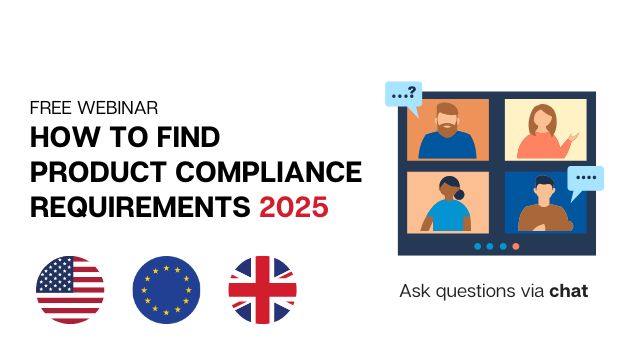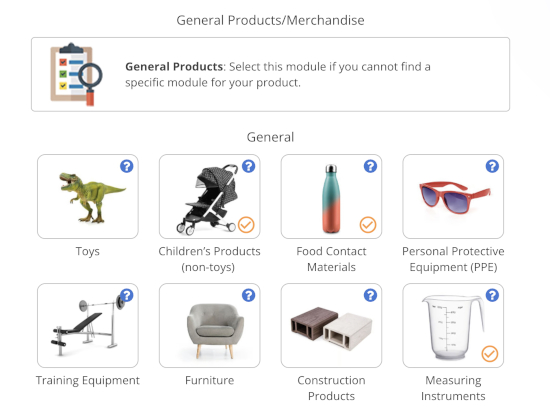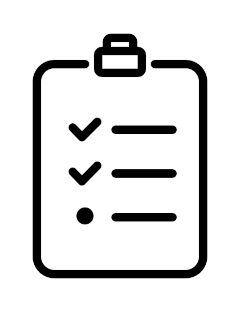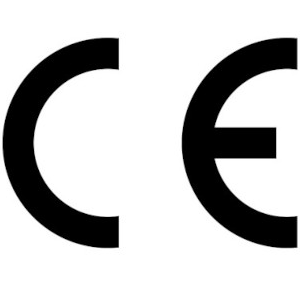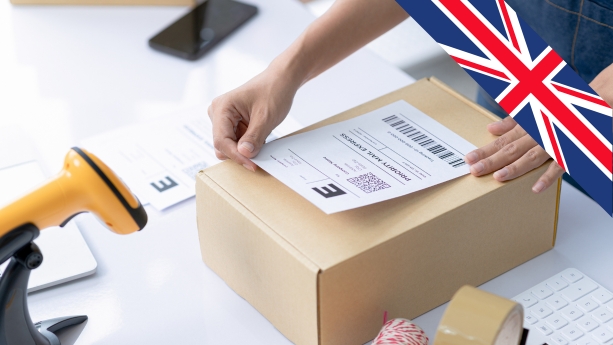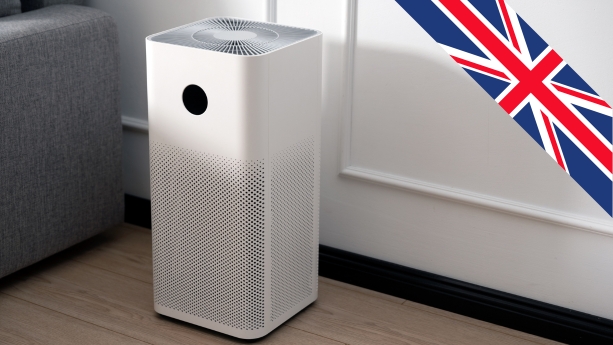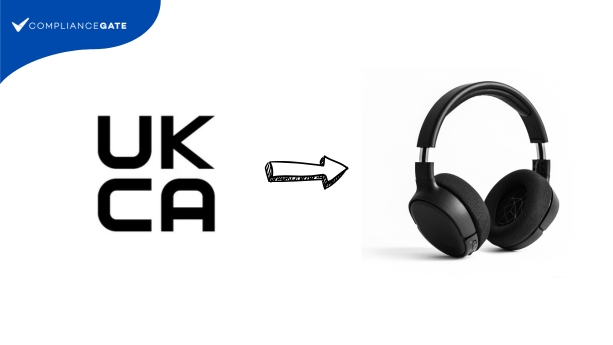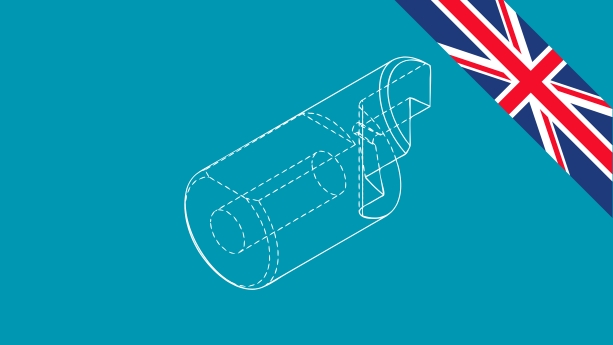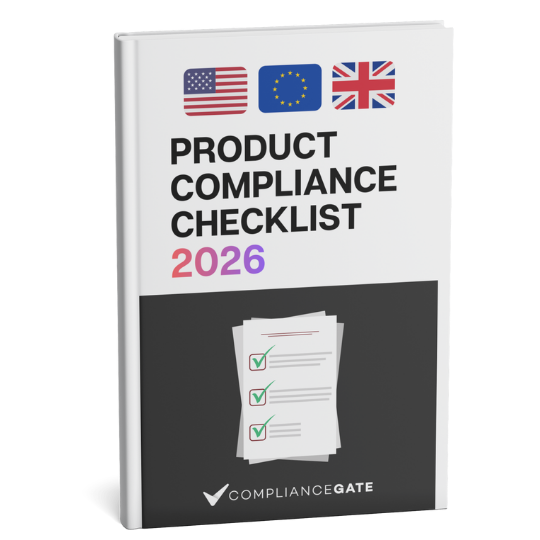
Manufacturers and importers of pet products must adhere to strict requirements and safety standards to supply their products in the United Kingdom. Although these regulations are generally not specific to pet products, the products must still be safe to operate, not contain restricted substances, and comply with other relevant labelling requirements.
In this guide, we list requirements under UK regulations that are applicable to pet products, like the General Product Safety Regulations 2005 and the Biocidal Products Regulation (EU) 528/2012.
Note: We do not cover any requirements related to pet food, nor do we cover requirements that apply to packaging.
Continue reading Pet Product Regulations in the UK: A Practical Guide

